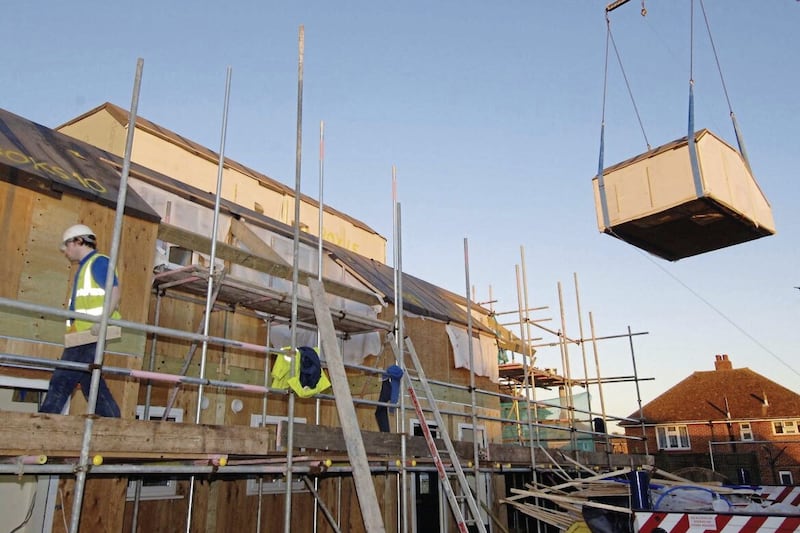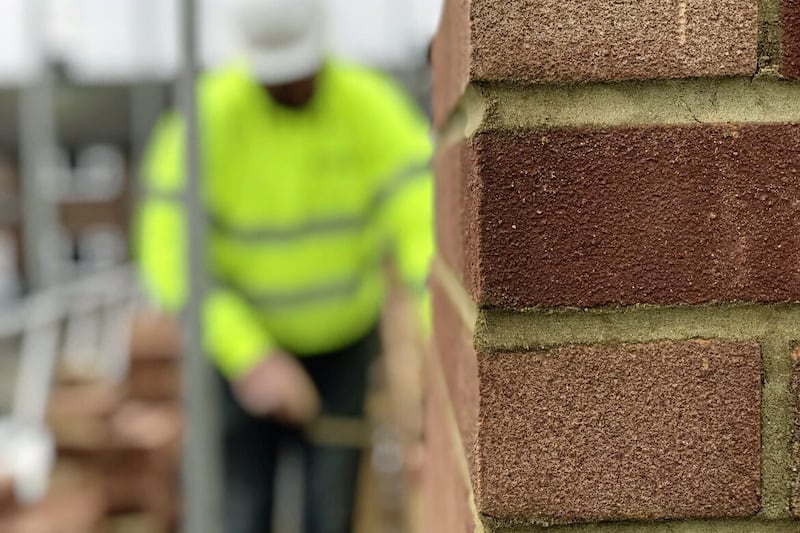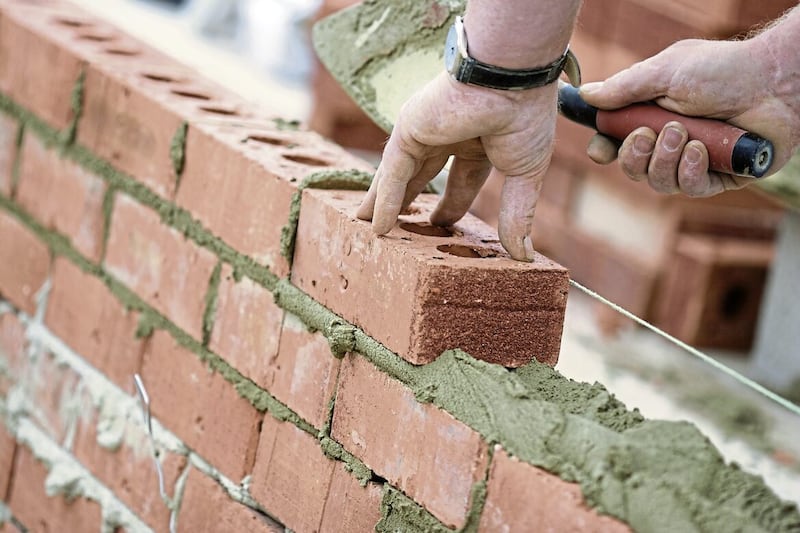WE are currently facing a significant skills gap in the built environment and a lack of labour in the market, which is having an impact on construction workloads across Northern Ireland.
This is one of the factors explaining why Northern Ireland’s construction sector is falling behind the rest of the UK in terms of activity.
In the most recent RICS and Tughans Construction Monitor for the first quarter 2022, construction workloads here fell flat, whereas across the UK, there was an increase. In the same survey, more than half of respondents in Northern Ireland reported a shortage of skills, highlighting the severity of the issue that the market is facing.
It is clear that in order to meet the future needs of the economy and communities we need to attract and retain a larger and more diverse workforce.
A big challenge for the sector is the new-found ability to work from home and many construction professionals finding better paying jobs outside of Northern Ireland. Through the pandemic, there were periods when construction professionals were unable to go to work, which led to some changing careers so that they could still work and earn during times of such uncertainty. Some construction professionals deciding not to return to work in the sector is contributing to the current lack of labour availability.
Other imposing challenges faced by the construction market are the increased costs of raw materials amid the cost-of-living crisis and current supply challenges, causing pauses and delays in new projects creating bottlenecks across the entire industry.
The residential housing market has been facing supply issues for many months, with limited stock to meet the demand of new buyers. A lack of skills and issues with the availability and cost of raw materials is potentially going to exacerbate this situation with a knock-on effect for home buyers.
RICS is calling for a working and functioning government to come together to help support the needs of the construction industry and help alleviate some of the pressures, so that we can all work towards contributing to communities across the country.
In the manifesto released by Rics prior to the May election, we called for an Executive to support more apprenticeships and to work with industry to deliver training which will close this skills gap. By supporting initiatives to grow our workforce, we can work towards increasing workloads in Northern Ireland which in turn will benefit the economy.
A skilled workforce is vital to moving forward and alleviating some of the pressures that the construction industry is facing. So, we are calling for an Executive to support more training schemes to attract and retain construction professionals in Northern Ireland.
We want an executive that will recognise the value that a growing workforce can bring to Northern Ireland, as well as understanding the value that commercial real estate has in supporting economic recovery as we emerge from the pandemic.
:: Jim Sammon is residential property spokesman at the Royal Institution of Chartered Surveyors (Rics), which promotes and enforces the highest professional qualifications and standards in the development and management of land, real estate, construction and infrastructure.








